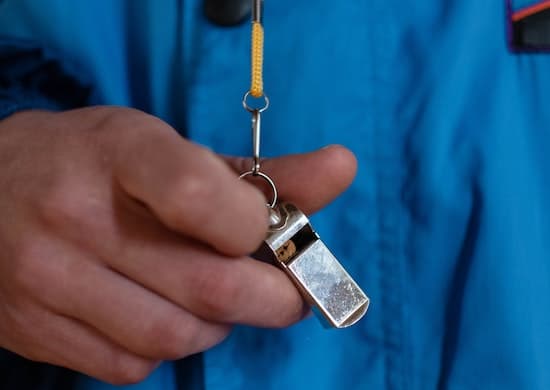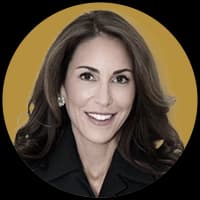The Cocktail Party Contrarian: We’re Weary, Yes, but Not of Whistleblowers
One man who could’ve been an all-time great whistleblower remained in the shadows — not because he was afraid of reprisals, but because he was in the business of helping to mete them out for partisan gain. This, of course, is President Obama.

There is so much whistleblowing going on right now, it is hard to take it all in. All a disgusted, overwhelmed, frustrated citizen can do is try not to lose faith in absolutely everything, though it is difficult to come up with a good reason not to.
It’s not that we are shocked to hear from them what we already thought we knew — that Hunter Biden did manage a family influence-peddling operation, or that pharmaceutical companies and health officials do lie — because it is difficult to shock anyone anymore. Yet the pervasiveness of it all — the enormity of the web of lies, the deceit, the grift, and the propaganda — makes even seasoned cynics and skeptics shake their heads.
Their disclosures nonetheless are the stuff of despair, and we have to wonder just how many others there still are out there who know the truth, have known it all along, and haven’t said a word.
Of course, there are many — and we will never hear from most of them. They fear retribution, or maybe an entirely coincidental knock on their door by enthusiastic IRS agents. If they all spoke up, we might never have to use the word “allegedly” again.
One man who might have become one of the greatest whistleblowers of all time, but who chose not to blow his whistle, didn’t remain in the shadows because he was afraid of reprisals. He remained there because he was in the business of helping to mete them out for partisan gain. This, of course, is President Obama, who recently had the whistle blown on him. According to this source, he had been briefed in 2016 by the CIA director, John Brennan, about the Hillary Clinton campaign’s approval of a plan to vilify President Trump “by stirring up a scandal” — as in, Russiagate. He said nothing.
It would have been a heroic decision had Mr. Obama chosen to come forward and disclose what he knew. He would have been despised for it by everyone on the right and the left who hated Mr. Trump as much as he did. Yet he would have been doing what presidents are supposed to do: Protect the country. Instead, he was silent as the Russian collusion lie advanced and corrupted our politics in ways that boggle the mind.
I think about all the others who must have known as well. We can imagine that the former president let it slip to his wife at least once that the entire country was aflame over something that never happened. He might have shot a few knowing glances at Susan Rice or Valerie Jarrett at a lunch meeting. This is all “allegedly,” of course — unless Mr. Obama’s driver steps forward with incontrovertible proof as the next whistleblower.
Fear and lust for power keep a lot of people quiet. If they all came forward, we would have to buy noise-canceling headphones to drown out the sound of all the blowing whistles.
While more information is always better, one senses that the firehose of disappointment we are already drinking from is overload for many Americans. Adding more could shut them down entirely.
A girlfriend showed up to lunch the other day and before sitting down, she declared that she was banning the use of the phrases “special counsel” and “we need an investigation.” She knows they have to happen; she just couldn’t talk about any of it anymore. She got no resistance from the rest of us. We are all spent, too.
National exhaustion is a worry, because there is surely more to come, and we don’t expect any of it to renew our faith in our institutions. We can’t shut down: We have to embrace our whistleblowers and the information they share, even as we secretly wish we could take a month off just to preserve our mental health.
We have to think of it all like having children: The trouble is always much worse when there is no noise in the next room.

